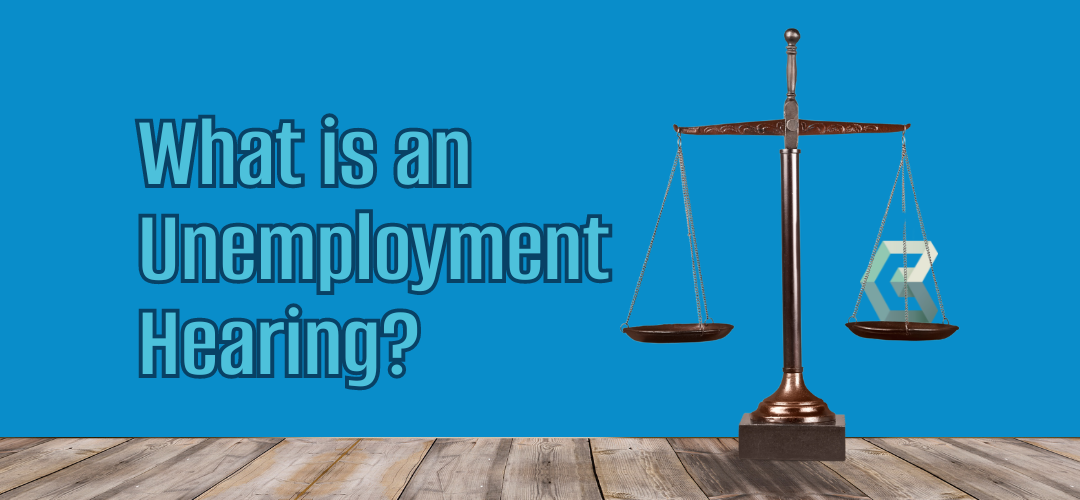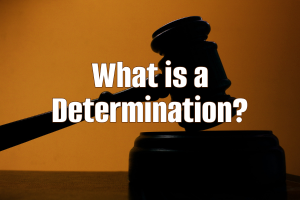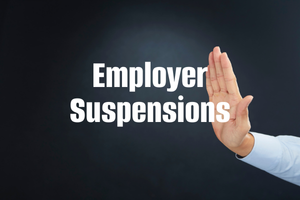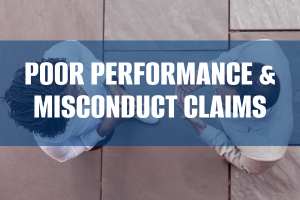
An unemployment hearing is an informal legal proceeding conducted by a Hearing Officer
employed by an unemployment state agency. Hearings are scheduled upon request when one
party disagrees with a lower level decision to either award or deny unemployment benefits.
Hearings are scheduled to allow both parties the opportunity to present testimony and evidence
on issues related to a claimant’s unemployment claim. Both the claimant (former employee) and
employer have the opportunity to file an appeal to the initial determination to request that a
hearing be scheduled. The Hearing Officer considers the testimony offered and evidence or
documentation provided to make a reasonable and unbiased decision on the issues listed on the
Notice of Hearing.
Unemployment hearings are scheduled de novo, which means from the beginning. Any
information previously provided may be included and considered. All first hand witnesses that
you believe are relevant to the reason for separation are highly advised to participate in the
hearing. It is important to remember that documentation provided at the claim level or just
before the hearing does not automatically become a part of the record and needs to be
requested to be entered into evidence at the hearing. Further, you do not want to assume that
the Hearing Officer automatically has a copy unless it is included in the hearing packet or notice.
If important documentation is not included in the hearing packet or notice, you will want to
contact your Hearing Consultant or Hearing Representative to provide the state agency and your
former employee with your documentation. This is the employer’s last guaranteed opportunity
to submit evidence and testimony.
Burden of Proof
The burden of proof falls on the party who initiated the separation (considered as the moving
party). If the issue is a voluntary quit, it will be the claimant’s responsibility to prove the quit was
for good cause or attributable to the employer. The claimant must provide reasonable proof that
he/she exhausted all efforts possible to preserve employment before deciding to quit.
If the issue is a discharge, the burden of proof is on the employer to show that the claimant’s
discharge was for reasons which the state should consider to be disqualifying or misconduct.
Misconduct is generally defined as a willful or intentional disregard of the employer’s business
interests or a deliberate violation of a known company policy. Your witnesses should be
prepared to discuss the reason for separation in depth with your Equifax Hearing Consultant or
Hearing Representative before the hearing.
Unemployment Hearing Process
The Hearing Officer opens the hearing by explaining why it is being held, the legal issues to be
considered, and the procedures to be followed. The Hearing Officer outlines the order in which
individuals will testify and the rights of cross-examination, rebuttal, and possibly a closing
statement. Witnesses are “sworn in” prior to testifying.
The party who initiated the claimant’s separation will usually present its case first. If the claimant
was discharged, the Hearing Officer or the Hearing Representative will begin with the
employer’s testimony. If the claimant voluntarily quit, the Hearing Officer will likely begin taking
the claimant’s testimony.
Testimony offered during the hearing is recorded in case of further appeal. The Hearing Officer
asks the witnesses specific questions regarding the claimant’s employment and separation. Each
side is given ample time to give testimony and present documentation. Witnesses should answer
to the best of their knowledge with clear and confident answers. Do not interrupt while others
are speaking. Instead, make notes so you may offer rebuttal later.
After the Hearing Officer is finished with questioning, he/she will turn to your Hearing
Representative to ask if there are additional questions for your witnesses to elicit any relevant
testimony or submit documentation which has not already been presented. Each witness may be
cross-examined by the other party. The Hearing Officer notifies each side when it is time to ask
questions. Only the individual designated as the representative is allowed to cross-examine. If a Hearing Representative is involved for the employer, he or she will handle cross-examination and may
offer a closing statement. The Hearing Officer then concludes the hearing, confirming that all
testimony and evidence will be considered. Interested parties are notified of the decision by
mail.
Thank you to our partner, Equifax, for providing this educational content.


